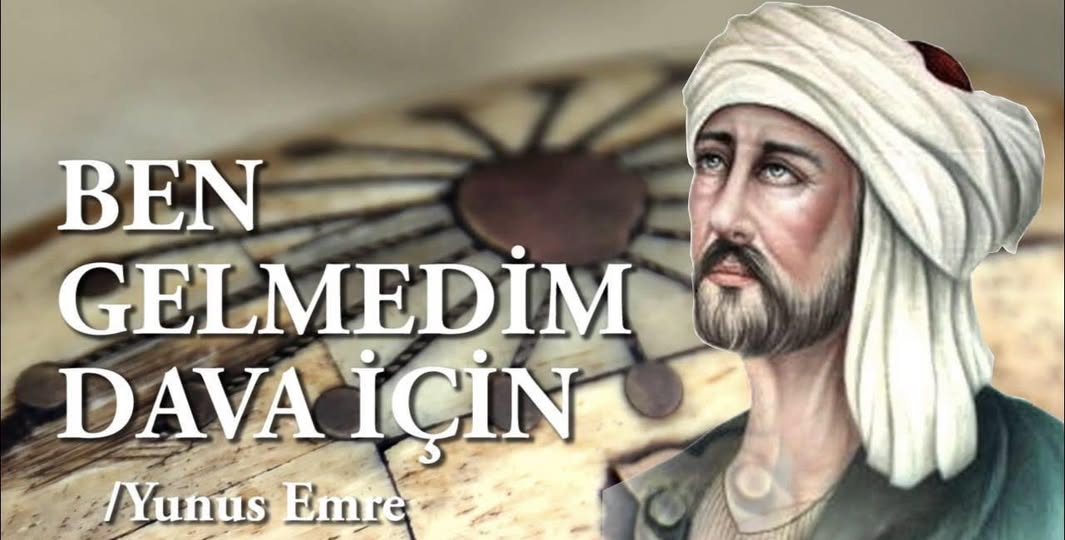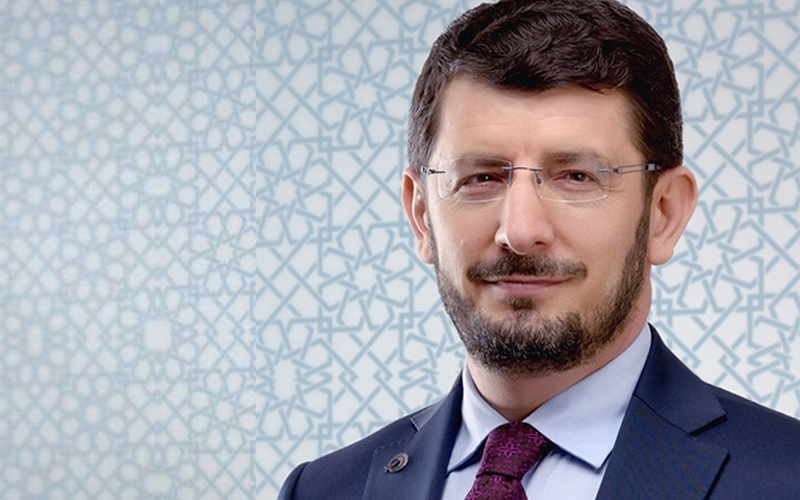Dr. Hüseyin Kâmi BÜYÜKÖZER
I have not come to quarrel or fight. My mission is love.
The dwelling of the beloved is the heart — I have come to make hearts.
At the time when Yunus Emre voiced these lines, the most pressing problem in Anatolia was conflict, division, hatred, and enmity. Yet his call to love became a universal voice — one that transcended the borders of Anatolia, much like the sun that shines upon all.
As a manifestation of Allah’s mercy, the sun dispels darkness and gives life to all creation — to the East and West, to humans and plants alike. The light of love is like that: for everyone and everything. How deeply we are in need of this light of love today! Is there truly any difference between the age in which Yunus lived and the age in which we live now?
We are drowning in bloodshed, conflict, hatred, and hostility. Right next to us is Gaza, where, each day, hundreds of our innocent children are martyred under the bombs and bullets of the Zionist occupation.
If only we could truly love each other for the sake of Allah (ʿazza wa jalla), would He have afflicted the Ummah with such calamities?
On the Heart (Qalb)
The term heart (qalb) has both physical and spiritual meanings. The physical heart is an organ that pumps blood and sustains bodily life. But the spiritual heart is something far greater — the center of the soul, a sacred vessel of awareness, conscience, understanding, mercy, compassion, and love.
It is through the spiritual heart that one recognizes true human value. The qalb is the mirror through which reality is reflected. It is through the heart that maʿrifah (gnosis), taqwā (God-consciousness), and love are nurtured.
Because every human being possesses a heart, the expression “to make hearts” (kalpler yapmak) expands beyond friends and relatives — it encompasses all of humanity. And this is in line with the nature of fitrah (innate disposition). Allah (subḥānahu wa taʿālā) has created every soul with a unique lens. Therefore, we must look at every creation — not only human beings, but all creatures — with the same merciful eye.
Only then can true unity (ittiḥād) be achieved. And unity brings vitality, life, and peace. The truly living are those who live through the heart.





